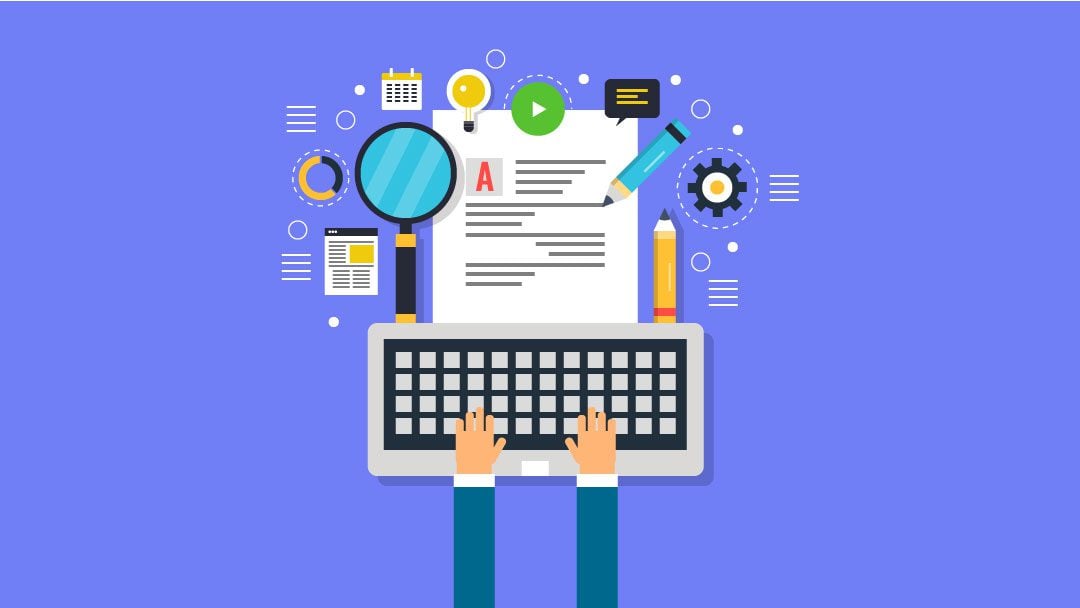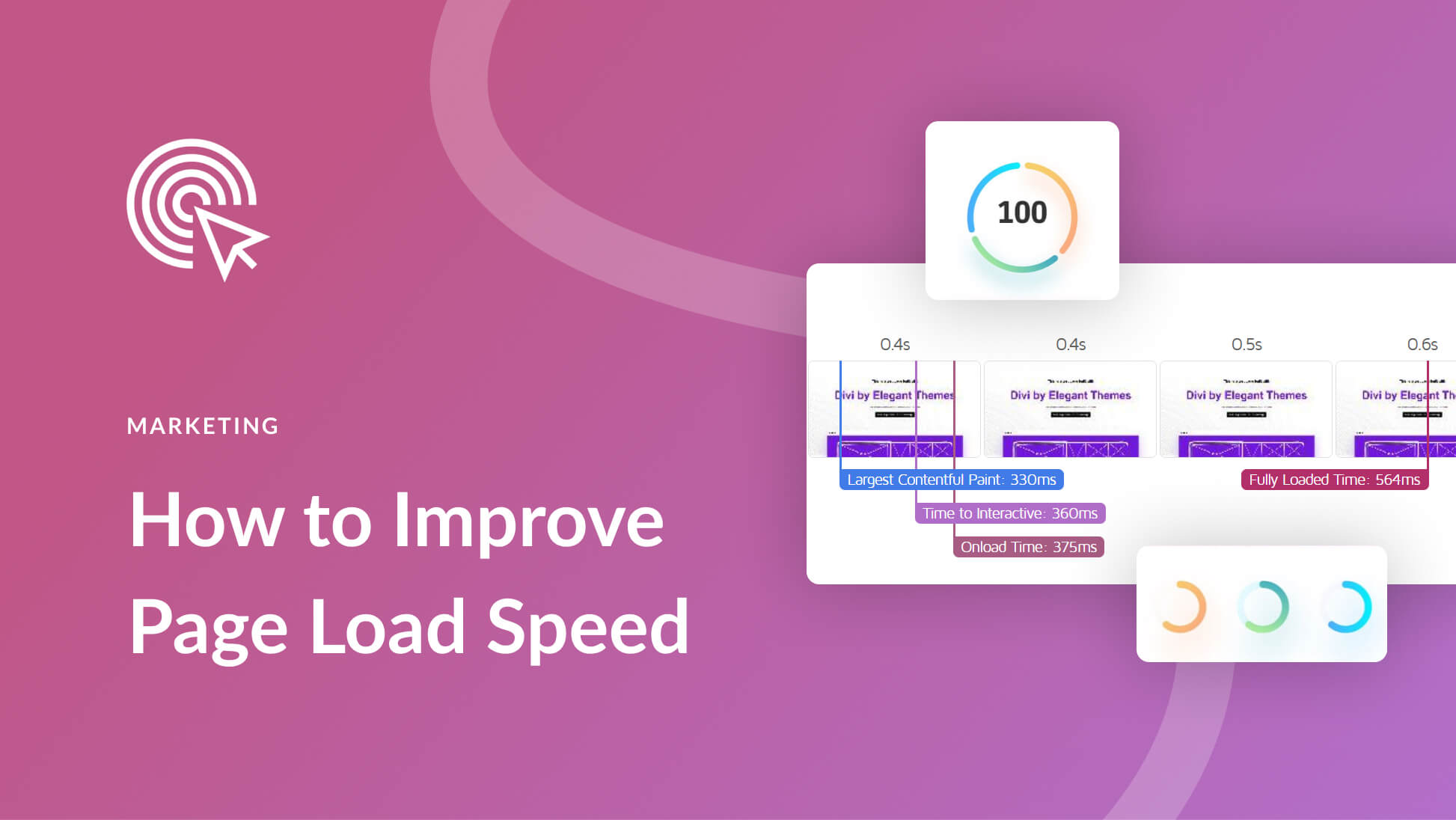As professional writers, we all have deadlines and clients expecting good work from us. But sometimes the words just don’t flow as fast as we want them to and it’s hard to be as efficient as our schedules require. Thankfully, there are some tested and proven techniques to solve the mystery of how to write faster and more efficiently.
The most important thing to remember on the days when we feel our deadlines looming is to keep in mind that this is normal. It’s totally acceptable for your brain to feel tired and overworked or to feel like you aren’t producing as much as you should. You just need some practice to get out of that mental space and into your more productive self.
Let’s look at some practical tips to help you write faster and more efficiently.
Get Off The Internet
Distractions are the biggest enemy to productivity and the internet is the biggest distraction of all. All the notifications from social media and incoming emails can take you out of your element every couple of minutes. Ignoring it isn’t enough, so just get it out of the way.
Here are some ideas:
- Turn off the wifi
- Put the phone on silent and in a drawer
- Put some headphones on to block out the outside world
Listen To A Focus Playlist
During a time that isn’t a scheduled writing time, get on a music site like Spotify or iTunes and browse the focus playlists. Try some out while writing and you will start to notice that some of these playlists really help you write faster. It’s like the tunes sit at the back of your brain pushing you along. Don’t choose songs which you can sing along to or songs which trigger an emotional memory response, these will simply distract you more.
Good focus music includes:
- Instrumental Jazz
- Non- dramatic classical music
- Low-key piano concertos
- Pop rock in a language you don’t understand.
If these are still too distracting, try ambient sounds like rain or thunderstorms, forest and jungle animal sounds or even waterfalls. Some people write to the sound of whale songs.
Set Deadlines For Yourself
Apart from the deadlines imposed by clients, start setting deadlines for yourself. If you have something due on Friday afternoon, set your personal deadline to have the first half finished by Wednesday, the second half by Thursday and then only the revision is set for Friday morning. Do this for all your deadlines, that way you feel more productive and in control. Setting personal deadlines can help with procrastination.
A great way to organize these small tasks is with a bullet journal or daily scheduler. Give every project its own set of mini-deadlines and add a check mark every time you get one done. The feeling of achieving goals, however small, is a good incentive to feeling productive.
Use The Pomodoro Technique
Have you heard of the Pomodoro Technique? It’s a time management system which breaks up working times into 25 minute intervals with short breaks in between. The idea is that by setting specific timed intervals, your productivity will improve as you get used to doing it. Every 25-minute productivity session, called “A Pomodoro,” is followed by a short 5-minute break. Then, after four Pomodoros you can take a longer break.
The breaks are meant to be completely non-work-related. Take those minutes to drink a coffee, look out the window, listen to a song you like, or have a quick chat with someone. When you sit down and set a new Pomodoro session, avoid distractions and tangential tasks. Stick to one task and concentrate solely on that. You can change tasks from Pomodoro to Pomodoro instead of continuing with the same one. That choice is up to you.
After you have used the Pomodoro Technique for a while, it’s highly likely that you will feel more efficient. The 25-minute Pomodoros will feel like they have a greater purpose and the breaks will feel like rewards.
Don’t Edit As You Write
Next to social media notifications, another huge distraction from writing is the little red line from spellcheck or Grammarly telling you that something is wrong. The idea is to write faster, so turn Grammarly or Spellcheck off for a while. Leave them off until you’ve finished the first draft. Try not to edit halfway through. If you are using the small deadline technique, make sure you have checked off the “first draft” deadline before starting with the “first edits” deadline.
Similarly, if you are using the Pomodoro Technique, don’t start an editing task until you have finished all the writing tasks.
The idea is to limit writing time to writing and editing time to editing.
Incorporate AI Well
AI may be a buzzword, but it isn’t a cure-all for all your writing woes. With that said, there are tremendous opportunities to use AI to make your writing process go smoothly.
You can use AI to aid you with research, mind mapping, and structuring paragraphs. It’s especially well suited for repeatable tasks (like adding a keyword here or there or writing a meta description). However, if you try to do too much with AI (or too much at once), you will likely hit the limits of AI’s helpfulness. The goal is to use AI in ways that truly help. To make sure that happens, make sure you have defined and clear goals for using AI. This is best done by compartmentalizing your prompts so that they do one thing well.
If you’re interested in this topic more, see our article about how to write with AI.
Give Your Writing Time A Front Row Seat
A great way to make sure you have a productive writing session is to give your writing time the importance it deserves. Schedule writing times into your day, they can be one-hour spurts or three-hour marathons with a series of ten-minute breaks. If you use the Pomodoro technique, organize writing times according to how many Pomodoros you can fit into a session.
Having a feeling of purpose helps your writing brain get into the flow of writing fast and efficiently. It might take a couple of sessions to really get into it or it might be an instant fit. Try and schedule these writing times a week in advance so you know when you are going to be productive. This will also help you know how long it takes to write a certain amount of words. Which will, in turn, help you schedule your time better. If you know that it takes you two writing sessions to flesh out a 2ooo word article, don’t accept an overnight deadline.
Make A Commitment
By scheduling your writing times for the coming week, you make a commitment to yourself. This sense of commitment helps your writing brain feel like it has something to look forward to. For example, if the next writing session is during the morning of the coming day, you go to bed knowing that when you get up, it’s writing time. Set yourself up for success by having a routine for these scheduled writing sessions.
- Prepare your coffee or favorite drink before you start writing
- Cut off distractions
- Play your focus playlist
- Set timers
- Check off tasks when you’re done
Impose A “Do Not Disturb” Policy
If you are part of a team and need to be reached at any time of the day, change your Slack status (or whichever communication app you use) to “in writing mode – will be back at so and so time.” The point is to make sure that the time you take to write is respected by you, your coworkers, your roommates and/or your family.
Conclusion: Never Stop Writing
The biggest and most important exercise you can do to help your writing be more efficient is to never stop writing. By this I mean, try different kinds of writing when you aren’t working on commissioned assignments. Try keeping a journal or practicing stream of consciousness writing. Having this practice will help you “feel more like a writer,” therefore making it easier to get in writer mode when it’s time to be efficient.
If you are using timers or small deadlines, write down your results so you can see how you are improving.
Have you used any of these techniques? Did they work for you? Tell us if you have a personal technique to write faster and more efficiently.
Featured Image via Sammby / shutterstock.com









Couldn’t agree more with you Orana. That red line by Grammarly used to be a huge distraction for me, but no more. Now I make sure to get my first draft ready as per the schedule and that really helps.
Misha
When writing i have always found that if you get stuck then make sure you dont finish the last sentence. When you go back to it you will starting reading up to that point and it is easier to accept or reject from that point. An unfinished sentence is easier to finish than it is to start a new page or paragraph..
Excellent ideas, Orana. Thank you!
Great post! I definitely agree with many of the techniques you mention here, especially instrumental or ambient music played softly in the background (or just silence), editing after writing (not during), and never stop writing – write every day! I recently discovered Scrivener, a great tool I now use exclusively for my writing. For music, Calexico (I have a playlist of just their instrumentals), Tycho and Ray Barbie are current faves. My prescription for successful writing is these two things every day.